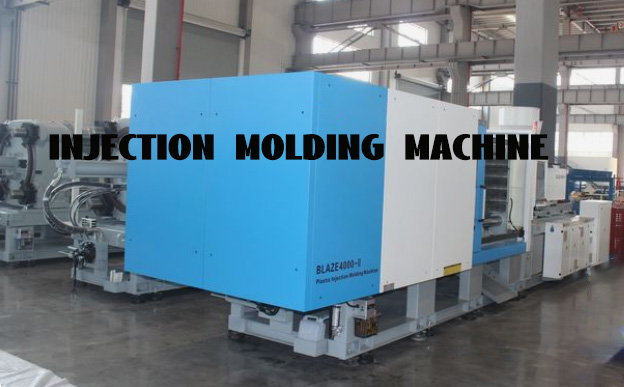Flexible Material Applications of Injection Molding Machines in Robot Manufacturing

With the continuous advancement of technology, robots are being widely used in various fields. To meet the demands of different scenarios, robot manufacturing requires the use of various materials to ensure performance and functionality. Among them, flexible materials play a vital role in robot manufacturing due to their unique characteristics, such as flexibility and bendability. Let’s discuss the application of injection molding machines in the use of flexible materials in robot manufacturing.

1、Types and Characteristics of Flexible Materials
Flexible materials mainly include silicone, polyurethane, polyvinyl chloride, and others. These materials possess excellent flexibility, wear resistance, corrosion resistance, and aging resistance, meeting the usage requirements of robots in different environments. For example, silicone exhibits good flexibility and temperature resistance, making it suitable for manufacturing robot joints, while polyurethane offers good abrasion resistance and impact resistance, making it suitable for creating robot casings.
2、Application of Injection Molding Machines in Flexible Material Processing
Injection molding machines are devices used to inject molten plastic or rubber into molds, which solidify and form molded products after cooling. In robot manufacturing, injection molding machines can be used to produce various components made of flexible materials. By adjusting parameters of the injection molding machine, such as injection speed, pressure, and temperature, proper processing of flexible materials can be achieved.
3、Application Examples of Flexible Materials in Robot Manufacturing
(1)Flexible Joints: The use of flexible materials in robot joints can increase the range of motion and enhance the agility of robots. For instance, a specific robot utilizes silicone material in its joint section, enabling it to maneuver flexibly within confined spaces.
(2)Flexible Casings: Employing flexible materials for robot casings enhances impact resistance and wear resistance. For example, a certain robot incorporates polyurethane material in its casing, making it less susceptible to damage during collisions.
(3)Flexible Sensors: Flexible materials improve the sensitivity and accuracy of robot sensors. For instance, a pressure sensor in a particular robot employs flexible material, enabling precise detection of external pressure changes.
4、Optimizing Injection Molding Machines for Flexible Material Processing
(1)Selecting Appropriate Injection Molding Machines: Choose injection molding machines with relevant features, such as high injection speed and pressure, suitable for different flexible materials.
(2)Optimizing Mold Design: Tailor the structure design of molds to accommodate the characteristics of flexible materials, thereby improving the quality of molded products.
(3)Adjusting Injection Molding Process Parameters: Fine-tune injection molding machine parameters, such as injection speed, pressure, and temperature, based on the specific flexible material being processed, to achieve optimal processing results.
In conclusion, flexible materials have significant application value in robot manufacturing. By utilizing injection molding machines effectively, flexible materials can be processed to provide robust support for robot manufacturing.


